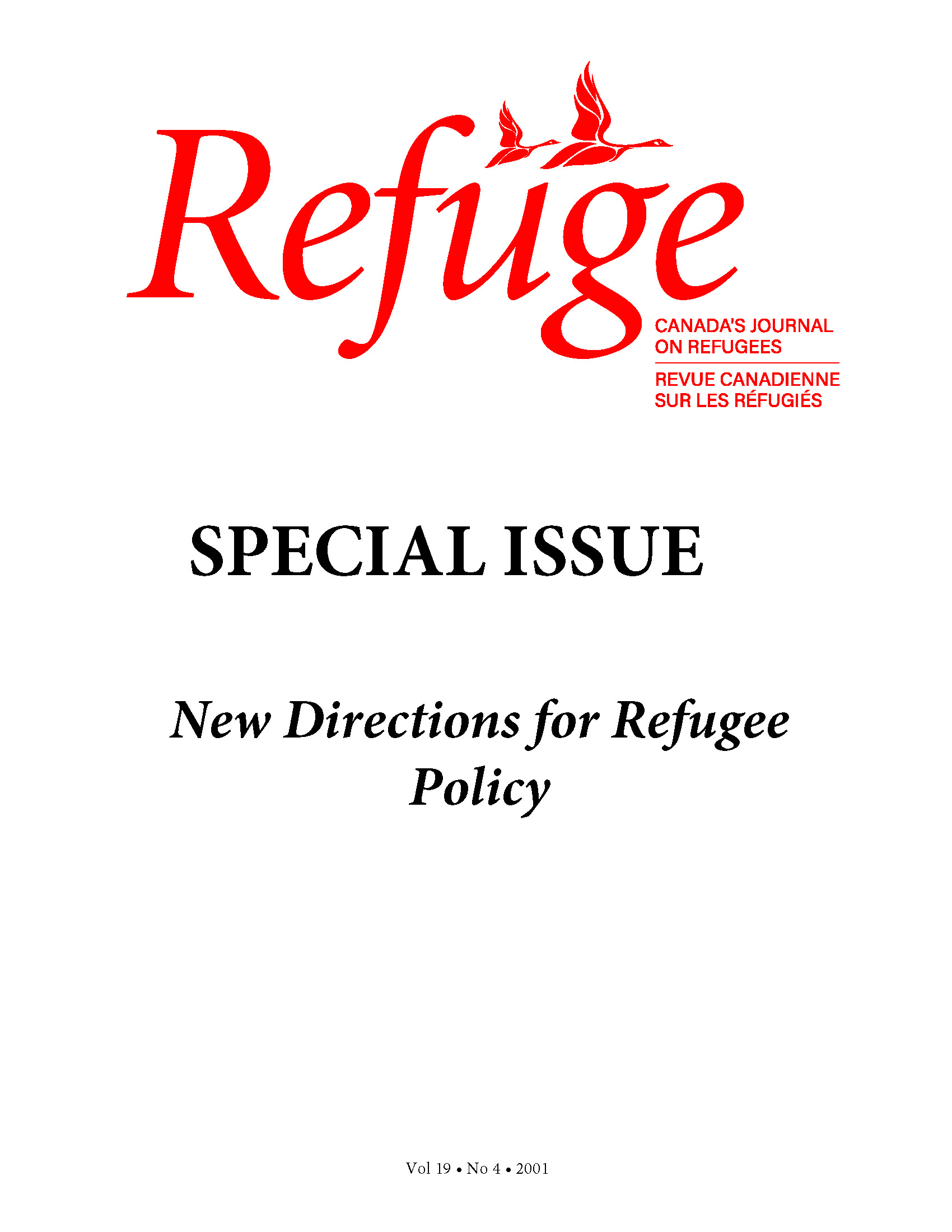Benevolent State, Law-Breaking Smugglers, and Deportable and Expendable Women: An Analysis of the Canadian State’s Strategy to Address Trafficking in Women
DOI:
https://doi.org/10.25071/1920-7336.21211Keywords:
Canada, immigration policy, human trafficking, women, criminalization, vulnerabilityAbstract
The Canadian state undertook a major restructuring of the immigration and refugee program in the 1990s, committing itself to creating a new immigration act as part of this process. Trafficking is one major issue that the new act would concern itself with. In this paper I make the case that the state’s proposals for addressing trafficking enable the state to posit itself as responsible for protecting “Canadians” while carefully avoiding any responsibility for the well-being of women who are trafficked; demonize smugglers as the cause of trafficking; and override the concerns and interests of women who are trafficked by making deportation the only “solution” to their presence in Canada. Consequently, these proposals will further penalize the women, while protecting the interests of the Canadian men, women, and employers who profit and benefit from their exploitation. Further, while this approach does nothing to address the root causes of trafficking, the state’s enthusiasm for increasing trade liberalization will only exacerbate these very causes.
Metrics
Downloads
Published
How to Cite
Issue
Section
License
Copyright (c) 2001 Sunera Thobani

This work is licensed under a Creative Commons Attribution-NonCommercial 4.0 International License.
Refuge authors retain the copyright over their work, and license it to the general public under the Creative Commons Attribution-Non Commercial License International (CC BY-NC 4.0). This license allows for non-commercial use, reproduction and adaption of the material in any medium or format, with proper attribution. For general information on Creative Commons licences, visit the Creative Commons site. For the CC BY-NC 4.0 license, review the human readable summary.







